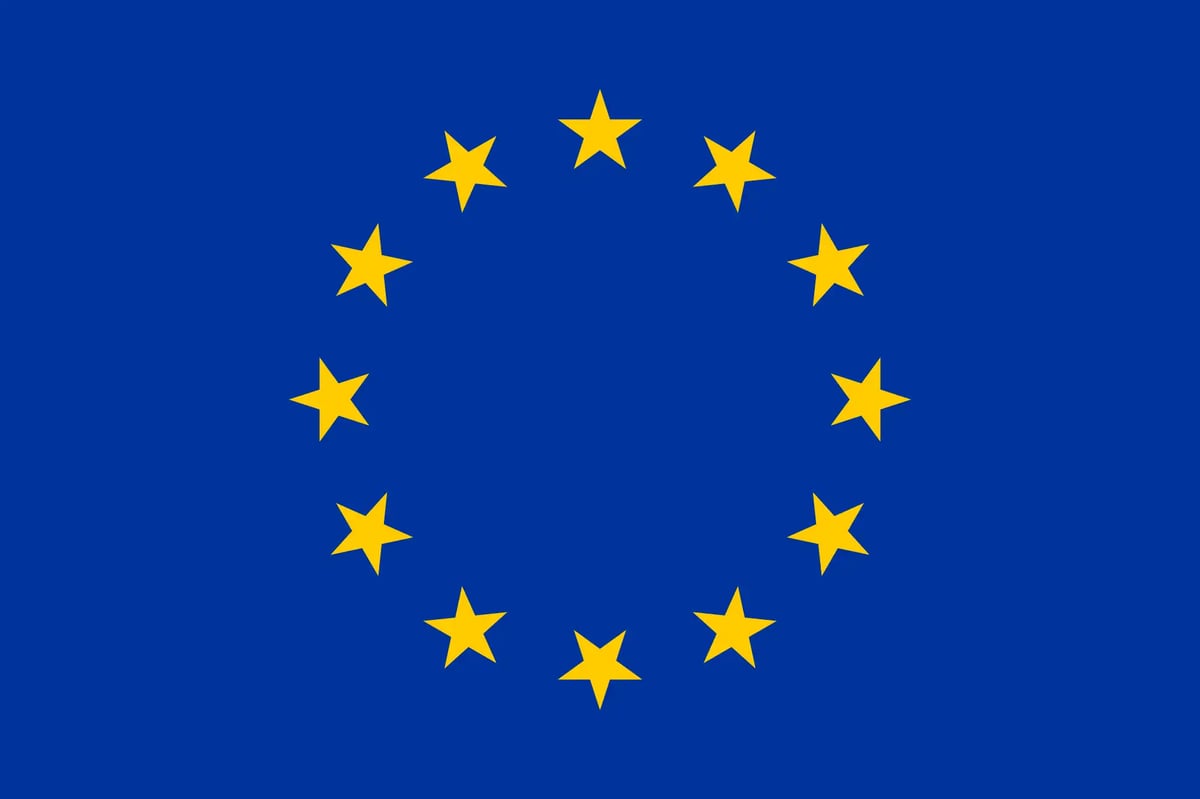After months of building up troops, Russian troops entered Ukraine on 24 February. The war between Russia and Ukraine is a nightmare for Ukrainians who are now in great uncertainty about their safety. The European Commission expects between 2.5 and 6.5 million Ukrainians to flee.
A consequence of the war is that many western companies and citizens have offered their help and support to the Ukrainians and have ended their ties with Russia. At a European level, agreements are being made about accommodating the refugees in European Union (EU) Member States. But does this mean that you, as a Dutch employer, may hire refugees from Ukraine? In this article we answer this question.
Right to move and reside freely within the territory of the EU Member States
Within the EU the right to move and reside freely and the free movement of services applies. This means that, for example, a Spaniard can live and work in the Netherlands without a residence permit or work permit. The main rule for people outside the EU/EEA and Switzerland is that they can’t just live and work in the Netherlands. They must (in principle) apply for a residence and work permit from the Immigration and Naturalisation Service (IND).
A different procedure applies to refugees (asylum seekers). They can apply for asylum in the Netherlands. Those who applied for asylum more than six months ago and are awaiting the IND's decision can work 24 weeks a year in paid employment.
Do Ukrainians need a work permit?
Ukraine is not a member of the EU or EEA. Therefore, the main rule is that Ukrainians who want to live and work in the Netherlands must apply for a residence and work permit (or asylum). In 2017, an exception to this main rule was made in the Association Agreement (Regulation 2018/1806). It states that Ukrainians, who hold a biometric passport are allowed to travel freely through the EU for 90 days without a visa/residence permit (the so-called 'free period').
Temporary Protection Directive
The war is causing Ukrainians to flee the country en masse, and this is expected to increase. Based on the Association Agreement, Ukrainians do not have to start an asylum procedure and/or apply for a residence and work permit immediately upon arrival in an EU Member State. During the first 90 days they are free to come and go in the EU.
But what if they still can’t return to Ukraine after 90 days? If nothing were to be arranged for this, an asylum procedure would have to be started or a residence permit applied for within 90 days. However, the EU Member States have agreed that an exception should be made for Ukrainians. On March 2, 2022, the European Commission proposed to activate article 5 of the Temporary Protection Directive (Directive 2001/55/EC) for refugees from Ukraine by means of an implementing decision. The Council of the European Union (hereinafter "the Council") adopted the implementing decision establishing temporary protection on March 4, 2022.
What rights?
Refugees from Ukraine for whom temporary protection is intended are given a special residence status. Based on that special status, they have the following rights:
- Work as an employee or self-employed, EU Member States may give priority to EU citizens for labour market policy reasons (article 12 Directive);
- Access to adult education, vocational training and work experience and Ukrainians under 18 years of age: access to at least public education (article 12 and 14 Directive);
- Decent housing or means to find housing (article 13 Directive);
- Social assistance, financial support and medical care in case of insufficient means (article 13 Directive).
The temporary protection is for one year and can be extended twice by six months. After that, the European Commission may propose to the Council that the temporary protection be extended for a further year.
In the Netherlands, the Directive has been implemented in the Aliens Act 2000 and the Aliens Decree 2000. When implementing the Directive, the Netherlands used the possibility offered by the Directive (see article 12 of the Directive) to give priority to, inter alia, EU citizens on grounds of labour market policy. For the Dutch labour market, a TWV requirement (including a labour market check) therefore applies to the temporarily protected.
How does the IND deal with this?
The EU Member States should ensure that persons who covered by the temporary protection rule receive the necessary residence documents for the full duration of their stay. We are keeping a close eye on the IND website on this point. They will soon provide more clarity on which residence permit Ukrainian refugees can apply for within that framework. Until then, the refugee does not have to worry. This also applies to cases where the free period of 90 days has expired, which will soon be extended to 180 days.
Are Ukrainians allowed to work in the Netherlands?
No, on the basis of national legislation, this is not allowed for the time being, unless the Ukrainian has a valid residence and work permit (or if he/she submitted an asylum application more than six months ago). Regulations regarding the special residence status and the related permit are currently being worked on. It is expected that the legislator will clarify this soon.
Under certain circumstances, it is also possible to apply for one of the existing residence and work permits (see our detailed O-book: Hiring Foreign Employees). To illustrate: an employer who is already a recognised sponsor with the IND and wishes to employ a (highly skilled) refugee from Ukraine at a gross monthly salary of € 5,000 can apply for a residence permit to work as a highly skilled migrant. The target period the IND uses to decide is two weeks. The question is, however, whether this route, including all the conditions, costs and the decision period, will not actually be a time-consuming one. Perhaps the new residence permit based on the special status will still be the quickest and easiest route to employ Ukrainians.
Would you like to stay informed about the latest developments? Then subscribe to our newsletter (category: labour law). Do you have questions about employing foreign employees?
Please contact us.











